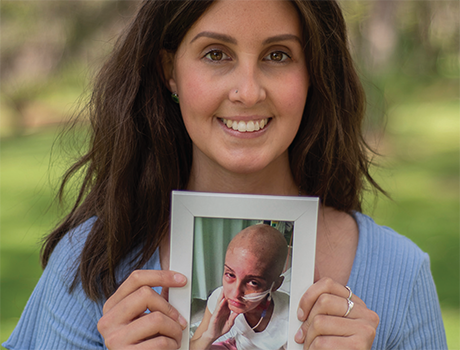Search

At The Kids, our vision is simple - happy healthy kids. Our goal is to make a real difference in our community to benefit children and families everywhere. Our values underpin the way we work and make decisions: collaboration, courage, evidence, respect.

News & Events
Illuminate Sundowner 2024Illuminate Awards are a philanthropic initiative - shining a light on child health research to help all kids lead happy, healthy lives.

News & Events
Meet the Researcher: Hannah MooreAfter 20 years at the Institute, Hannah’s career has been a whirlwind of discovery and dedication.

News & Events
Meet the Researcher: Dr Samantha CarlsonDr Samantha Carlson is an early career mixed-methods social scientist, leading research that seeks to understand how to improve access to and understanding about vaccination.
Dr Anthony Bosco, Professor Steve Stick, Professor Andrew Whitehouse, Dr Raelene Endersby and Dr Luke Garratt know how fortunate they are to have
Explore inspiring stories of research, resilience, and community impact in every edition. Read the latest issue below.

Research
Developmental Coordination DisorderDevelopmental Coordination Disorder is a lifelong disability impacting most aspects of daily living that involve movement. With an estimated prevalence of ~5% of children, the disorder affects an average of one to two children in every Australian classroom.
Research
THINK BIG - Neurodevelopmental DisordersAmy Andrew Helen Jenny Martyn Melissa Videos Finlay-Jones Whitehouse Watch and listen to Andrew Leonard Downs Symons Licari BPsych(Hons), MPsych(
